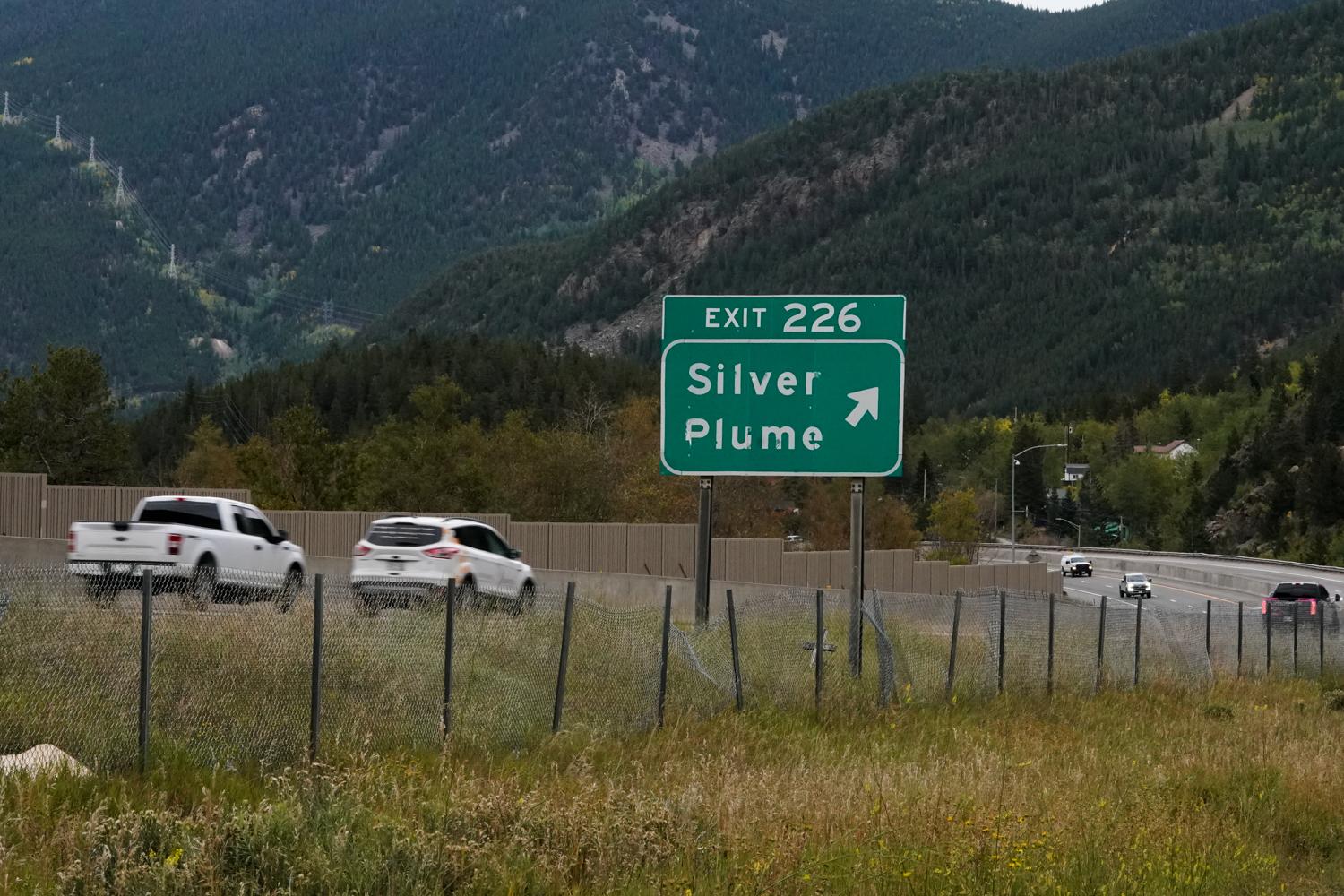
If you’ve spent time on Colorado's highways, you’ve probably seen it: drivers weaving in and out of toll lanes or otherwise abusing them.
Last year, the legislature passed a bill that allows state transportation officials to ticket the tens of thousands of drivers who do just that on the relatively new part-time toll lanes on Interstate 70 near Idaho Springs.
Now, the details of what those fines will look like and how they’ll be enforced are starting to emerge. State transportation officials say the crackdown will make those roads safer.
What toll lanes are we talking about, and when will enforcement start?
The two 13-mile toll lanes on I-70 that are open during peak times near Idaho Springs will be first, per this year’s legislation. Under a tentative plan, enforcement will start in March 2023 after a month-long grace period in February.
Enforcement will roll out on other toll lanes in the Denver area “sometime next year,” Colorado Transportation Investment Office Director Nick Farber told the state Transportation Commission this month.
How will the state identify bad behavior and issue fines?
Transportation officials say they expect to soon finalize a contract with a company called Blissway that uses roadside cameras to catch rule-breakers. Citations will be mailed to the vehicle’s owner.
Fines will run from $150 to $250, though those will be discounted by 50 percent if violators pay within four weeks. People can pay with cash in gas stations or grocery stores or online, Farber said.
Unlike fines issued by existing speed cameras, these citations do not need to be served in person. The state will also have the ability to prevent violators from registering their vehicles if they haven’t paid fines.
“This is only for extreme cases,” Farber said. “We’re not going to be doing this for everyone who doesn’t pay. We want to work with people so they can pay.”
What specific behaviors will be penalized?
Weaving in and out of toll lanes, driving in them when they are closed, using them with an obscured license plate, or using inappropriate equipment (trailers, for example, are not allowed on the narrow I-70 mountain toll lanes). Speeding will not be enforced with this system, though legislators may take up a bill next session that would expand the locations where speed cameras could be used across the state.
Could someone who’s SURE they didn’t do anything wrong dispute a citation?
Yes. Drivers will be able to do that via an online portal. They’ll also be able to see a five-second video of their alleged violation.









